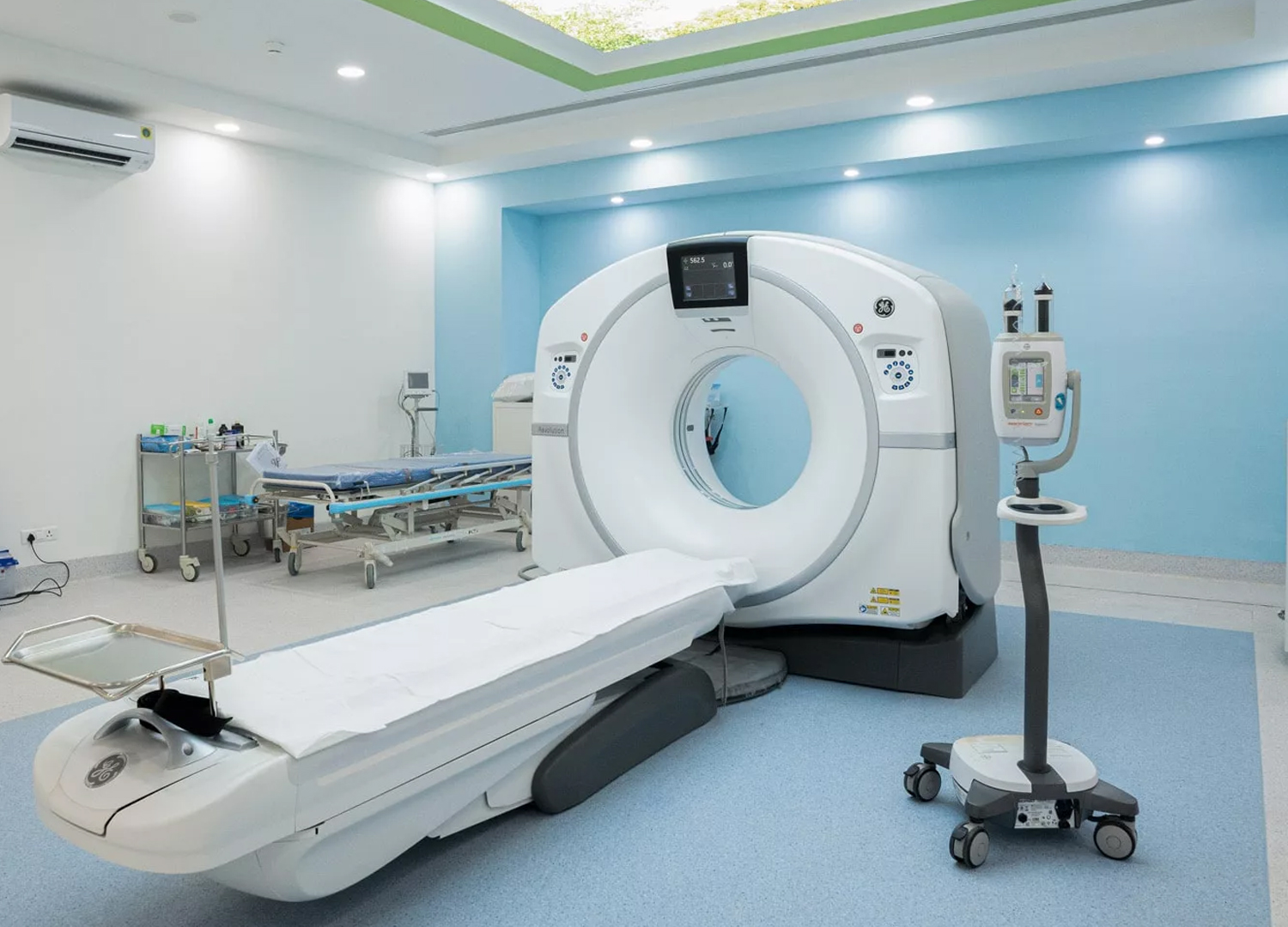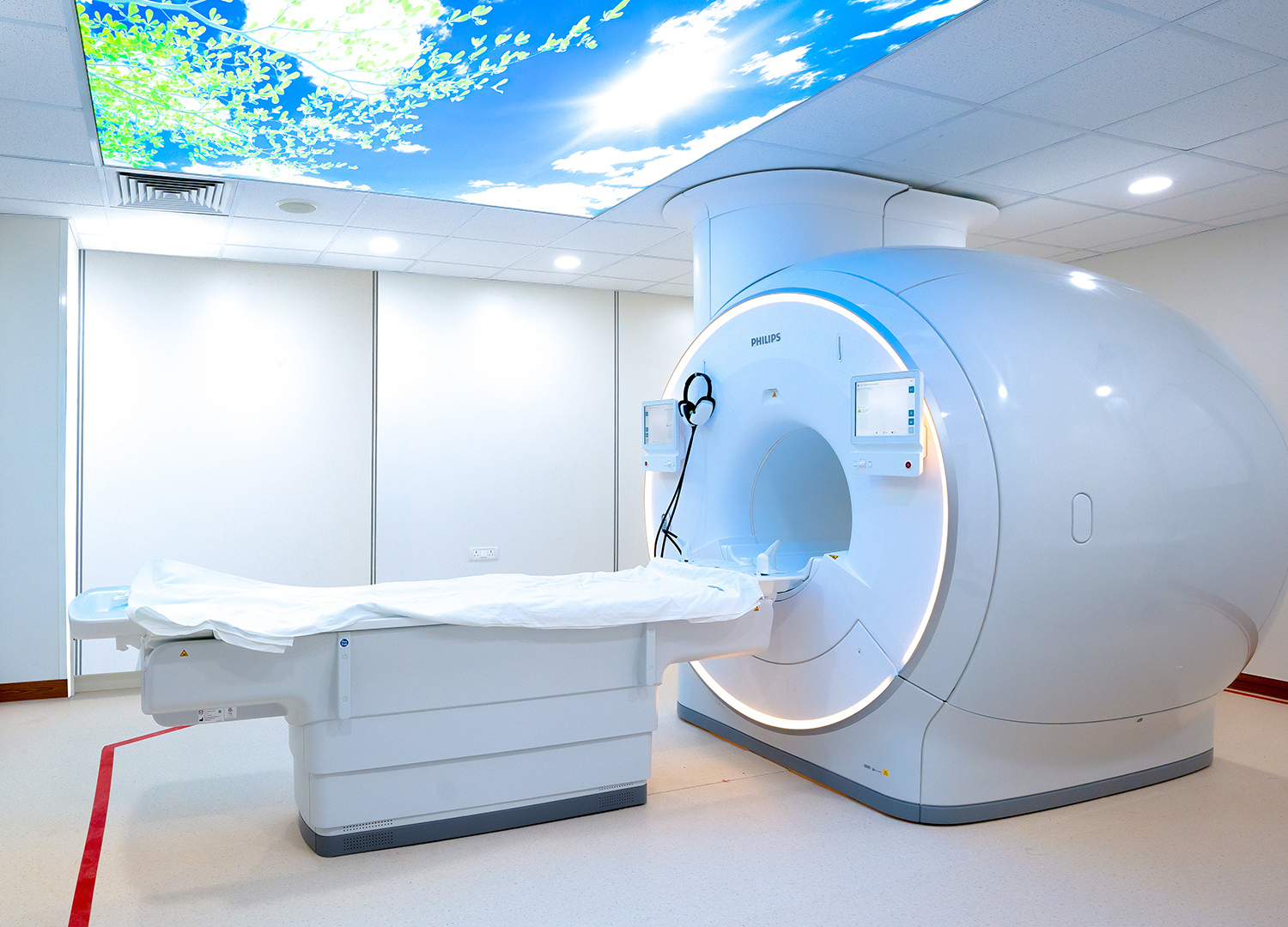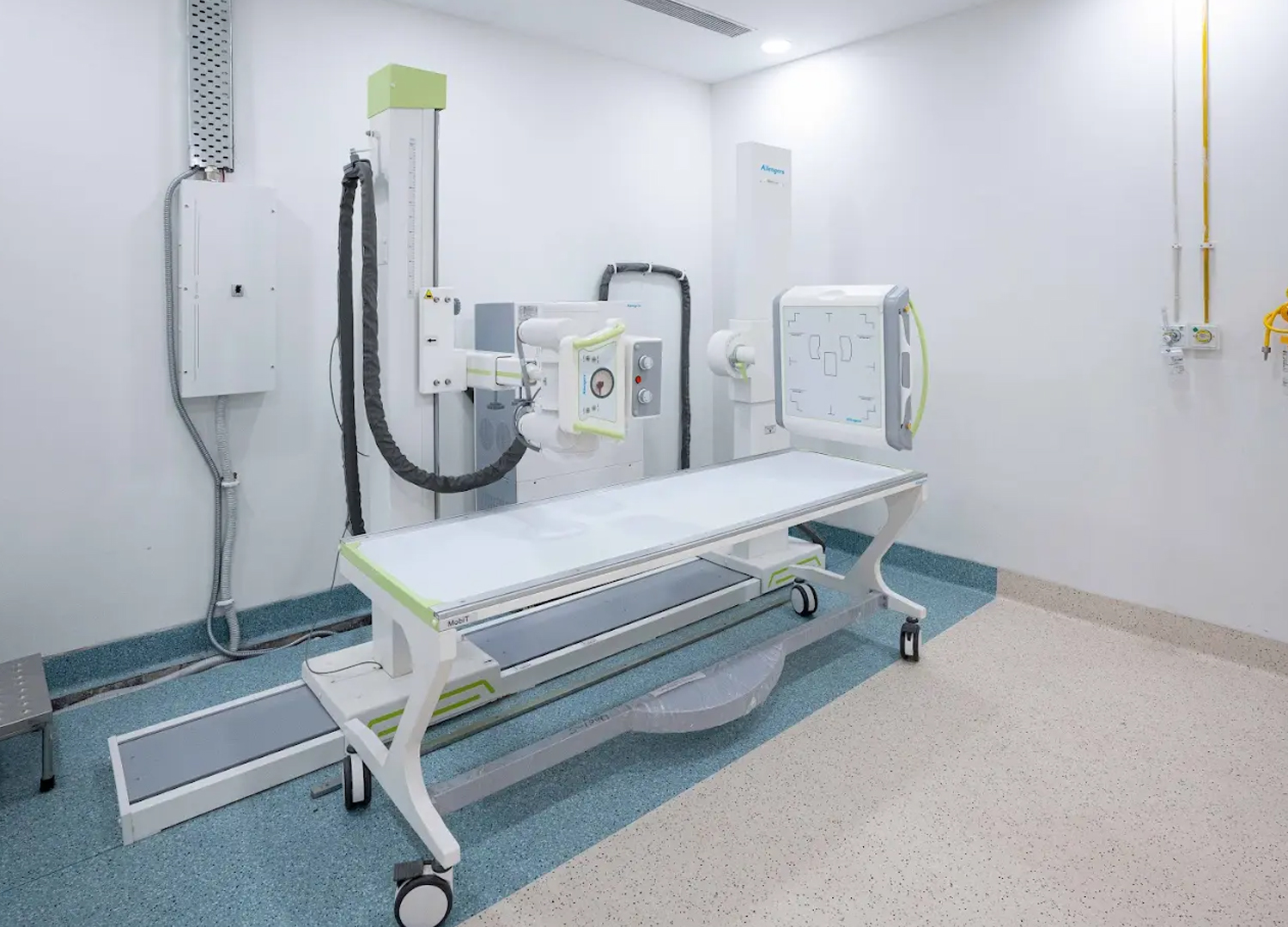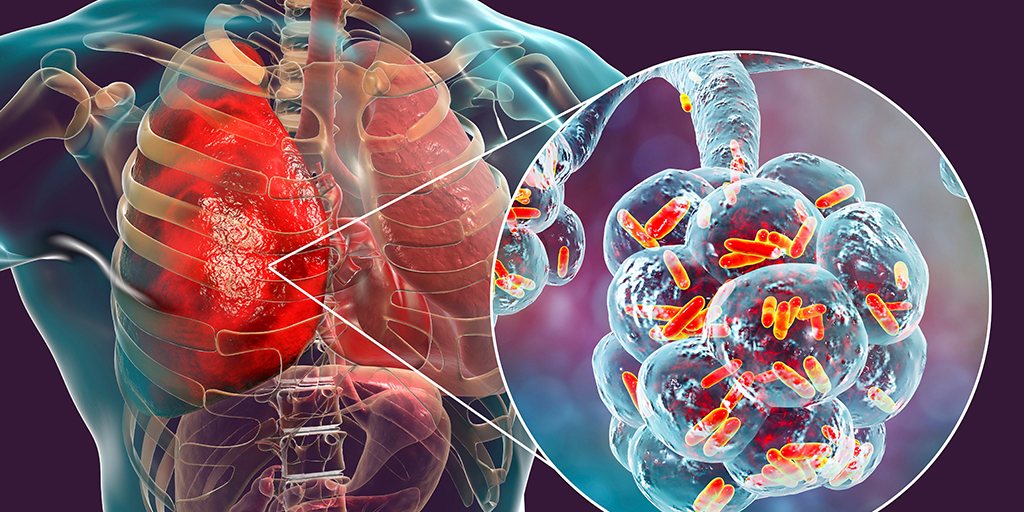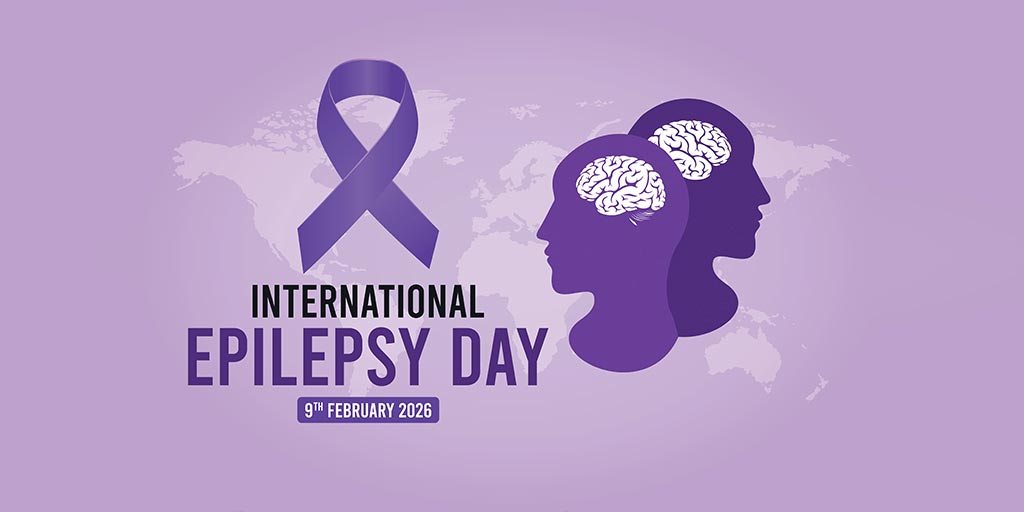At Graphic Era Hospital, we understand how hormonal imbalances and diabetes can impact your health and quality of life. Our Endocrinology and Diabetes Management Department is dedicated to providing compassionate, expert care for a wide range of endocrine disorders. Whether you’re managing diabetes, thyroid conditions, or other hormonal issues, our team of skilled specialists is here to provide personalized treatment plans designed to improve your overall well-being. With advanced diagnostic tools, evidence-based therapies, and a patient-first approach, we strive to empower you with the knowledge and support needed to take charge of your health. At Graphic Era Hospital, you’re not just receiving medical care; you’re gaining a partner committed to your journey toward better health.
When to Consult an Endocrinologist?
An endocrinologist is a medical professional specialising in the diagnosis and treatment of disorders related to hormones and the endocrine glands. If you experience any of the following symptoms or conditions, it may be time to consult an endocrinologist:

- Thyroid Issues: Symptoms such as fatigue, weight gain or loss, and changes in mood can indicate thyroid dysfunction. If you have a family history of thyroid disease or experience any of these signs, it's important to seek expert advice.
- Adrenal and Pituitary Disorders: Conditions like Cushing’s syndrome, Addison’s disease, or unexplained fatigue and weakness may require consultation with an endocrinologist for proper diagnosis and treatment.
- Growth Disorders: Children or adolescents with growth issues may benefit from seeing an endocrinologist to assess any underlying endocrine disorders like growth hormone deficiency or thyroid conditions.
- Hormonal Imbalances: Irregular menstrual cycles, excessive hair growth, or difficulty conceiving may signal hormonal imbalances. Endocrinologists can diagnose and treat underlying conditions such as polycystic ovary syndrome (PCOS) or menopause-related hormone changes.
- Bone Health: If you experience frequent fractures, decreased bone density, or bone pain, it may be related to an imbalance in your body’s calcium and vitamin D metabolism, and an endocrinologist can help.
An endocrinologist helps in diagnosing these conditions through comprehensive tests and offers treatment options, including medications, lifestyle changes, or hormone replacement therapy.
Conditions Treated by Endocrinologists at Graphic Era Hospital
Placed among the best endocrinology hospitals in Dehradun, Graphic Era Hospital has a team of expert endocrinologists specialising in diagnosing and managing a wide range of hormonal and metabolic disorders. These include but are not limited to:
Diabetes Management
Our diabetes management services provide comprehensive and personalised care for all types of diabetes, ensuring long-term control and reducing the risk of complications. We focus on advanced treatments, patient education, and lifestyle modifications to help individuals lead healthier lives.
Key Services Include:
- Type 1 and Type 2 Diabetes Care: Customised treatment plans with insulin therapy, medication management, and lifestyle interventions for optimal blood sugar control.
- Gestational Diabetes Mellitus (GDM): Specialised monitoring and treatment to manage diabetes during pregnancy, ensuring the well-being of both mother and baby.
- Continuous Glucose Monitoring (CGM): Cutting-edge technology that provides real-time glucose tracking to improve diabetes management and treatment adjustments.
- Patient Education Programs: Guidance on self-care, nutrition, and physical activity to empower patients in managing their condition effectively.
Obesity Management
Our obesity management program provides evidence-based solutions to help individuals achieve and maintain a healthy weight while addressing related health risks. We offer a personalised, multidisciplinary approach that includes medical treatments, lifestyle modifications, and surgical support for eligible patients.
Key Services Include:
- Medical Weight Loss Programs: Tailored dietary plans, medications, and behavioural therapy to promote sustainable weight loss.
- Management of Obesity-Related Conditions: Comprehensive care for conditions like hypertension, diabetes, and metabolic disorders linked to obesity.
- Bariatric Surgery Support: Pre- and post-operative care in collaboration with surgical teams for patients undergoing weight-loss procedures.
- Long-Term Follow-Up Care: Ongoing support and monitoring to help patients maintain a healthy weight and prevent relapse.
Thyroid Disorder Management
Our specialists provide expert diagnosis and treatment for a wide range of thyroid conditions, ensuring precise care for hormonal balance and overall well-being. We offer advanced diagnostic tools and personalised treatment plans to manage both common and complex thyroid disorders.
Key Services Include:
- Treatment for Hypothyroidism & Hyperthyroidism: Comprehensive management to regulate thyroid hormone levels and alleviate symptoms.
- Autoimmune Thyroid Disorders: Specialised care for conditions like Hashimoto’s thyroiditis and Graves’ disease to prevent complications.
- Thyroid Cancer Care: Expert pre- and post-surgical management, including targeted treatments for optimal recovery.
- Thyroid Nodule Monitoring & Biopsy: Fine-needle aspiration and advanced imaging for accurate diagnosis and treatment planning.
Reproductive Endocrinology
Our specialists provide expert care for hormonal imbalances that impact fertility and reproductive health. We offer personalised treatments to help manage conditions affecting both men and women, ensuring optimal hormonal balance and overall well-being.
Key Services Include:
- PCOS & Irregular Menstrual Cycle Management: Tailored treatment plans to regulate hormones, restore menstrual cycles, and improve fertility.
- Androgen Excess & Reproductive Hormone Disorders: Diagnosis and treatment for conditions like excessive hair growth, hormonal imbalances, and related reproductive issues.
- Hormonal Infertility Treatment: Comprehensive care for men and women facing fertility challenges due to hormonal imbalances.
- Menopause & Hormone Replacement Therapy (HRT): Specialised care to manage menopausal symptoms and improve quality of life.
Endocrine Hypertension Management
Our experts specialise in diagnosing and treating hypertension caused by hormonal imbalances, ensuring precise and effective management. By identifying the root endocrine causes, we provide targeted treatments to control blood pressure and prevent complications.
Key Services Include:
- Comprehensive Evaluation: Diagnosis of conditions like primary aldosteronism, pheochromocytoma, and Cushing’s syndrome that contribute to high blood pressure.
- Advanced Diagnostic Testing: Cutting-edge imaging and laboratory assessments for accurate identification of endocrine-related hypertension.
- Personalised Treatment Plans: Targeted therapies to correct hormonal imbalances and effectively manage blood pressure.
Endocrinological Disorders
Our department specialises in diagnosing and treating a wide range of endocrine disorders, ensuring precise management for hormonal imbalances affecting overall health. We provide advanced diagnostics and personalised treatment plans for both common and complex conditions.
Key Focus Areas:
- Parathyroid Disorders: Expert treatment for hyperparathyroidism and calcium imbalances to maintain bone and metabolic health.
- Adrenal Disorders: Specialised care for adrenal insufficiency, adrenal tumours, and congenital adrenal hyperplasia.
- Pituitary Disorders: Management of pituitary tumours, acromegaly, and hypopituitarism to restore hormonal balance.
- Lipid & Metabolic Disorders: Advanced treatment for dyslipidemia and metabolic syndrome to reduce cardiovascular risks.
- Growth Disorders: Comprehensive care for children with growth hormone deficiencies and other developmental abnormalities.
Doctors Available
Why Choose Graphic Era Hospital for Endocrinology & Diabetes?

Risks and Complications of Endocrine Disorders
Endocrine disorders, when not properly managed, can lead to severe complications affecting various organs and systems in the body. At Graphic Era Hospital, specialists focus on early detection, personalized care, and proactive management to minimize risks and enhance overall health outcomes. Below are some of the most common risks and complications associated with endocrine disorders:
- Heart Disease and Stroke (Due to Diabetes): High blood sugar damages blood vessels, increasing the risk of cardiovascular conditions and stroke. Our team focuses on comprehensive diabetes management to protect heart health and reduce these risks.
- Kidney Failure (Diabetic Nephropathy): Long-term diabetes weakens kidney function, potentially leading to chronic kidney disease or failure. We leverage regular kidney health monitoring and effective treatment strategies to prevent further damage.
- Vision Loss (Diabetic Retinopathy): Uncontrolled diabetes damages blood vessels in the retina, leading to vision problems or blindness. We perform routine eye screenings and deliver timely interventions to preserve and protect vision.
- Nerve Damage (Diabetic Neuropathy): Elevated blood sugar affects nerve health, causing pain, tingling, or numbness, especially in the extremities. Our specialists focus on controlling blood sugar levels and providing therapies to manage symptoms.
- Infertility (Due to PCOS or Thyroid Disorders): Hormonal imbalances from conditions like PCOS or thyroid disorders can impact reproductive health. We offer targeted hormonal treatments and fertility support to address these challenges and restore balance.
- Osteoporosis and Fractures: Calcium or vitamin D imbalances often linked to endocrine disorders weaken bones, increasing fracture risks. Our specialists recommend tailored dietary plans, supplements, and medication to strengthen bones and reduce risks.
- Obesity-Related Complications: Endocrine conditions such as hypothyroidism or metabolic syndrome can contribute to weight gain, increasing risks of diabetes, heart disease, and joint problems. We design personalized weight management programs to address these challenges and improve health outcomes.
At Graphic Era Hospital, our endocrinology team takes pride in providing expert, compassionate care, helping individuals manage endocrine disorders effectively, prevent complications, and achieve long-term health and well-being.
Top Procedures
- Adrenalectomy
- Parathyroidectomy
- Thyroidectomy
- Thyroid Lobectomy
- Total Pancreatectomy
Diabetes Endocrinology Conditions Treated at Graphic Era Hospital
Advanced Diagnostics & Technology
- Offers high-resolution imaging for detailed blood vessel analysis, aiding in accurate diagnosis and treatment planning.
- Delivers advanced imaging with high resolution for clear, detailed views of soft tissues, ensuring precise diagnostics.
- Provides high-quality, detailed radiographic images for accurate diagnosis with minimal exposure to radiation.
Other Specialities
Patient Stories
Blog
Frequently Asked Questions (FAQs)
What is the difference between Type 1 and Type 2 diabetes?
Type 1 diabetes is an autoimmune condition where the body’s immune system attacks insulin-producing cells in the pancreas. Type 2 diabetes is typically related to insulin resistance, often due to lifestyle factors and obesity.
Can lifestyle changes prevent diabetes?
Yes, maintaining a healthy weight, following a balanced diet, engaging in regular physical activity, and managing stress can significantly reduce the risk of developing Type 2 diabetes.
How are thyroid disorders diagnosed?
Thyroid disorders are diagnosed through blood tests that measure thyroid hormone levels, including TSH (Thyroid Stimulating Hormone), T3, and T4, as well as imaging tests like ultrasounds.
What treatments are available for hormonal imbalances?
Treatment options include hormone replacement therapy, medications to regulate hormone production, lifestyle changes, and in some cases, surgery.
Is diabetes a lifelong condition?
While there is no cure for diabetes, it can be managed effectively with medication, lifestyle changes, and regular monitoring, allowing individuals to live healthy and fulfilling lives.

